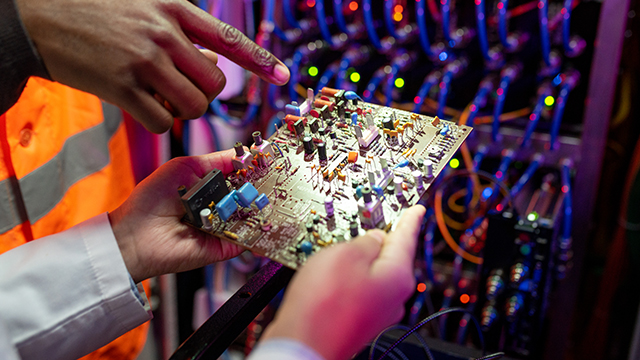Computer technology is constantly evolving, and quantum computers are one of the most remarkable areas of this evolution. While traditional computers process data through bits, quantum computers operate using quantum bits or qubits, revolutionizing computing power. This innovative power of quantum computers could have groundbreaking effects in many fields.
The power of quantum computers goes beyond conventional computers. Traditional computers operate on bits, which represent data as zero or one. But quantum computers work with qubits based on quantum mechanics. These qubits can be in both the zero and one states at the same time, making computational processes much faster than traditional computers. For example, the ability of a quantum computer to evaluate a large number of possible solutions at the same time makes it much more effective than traditional computers at solving complex mathematical problems.
The power of quantum computers is particularly revolutionary in certain fields. In areas such as cryptography, mathematical optimization, chemistry and drug design, quantum computers can provide much faster and more efficient solutions than existing technologies. For example, what a quantum computer can do in a day, a traditional computer could take years.
However, quantum computers are not yet fully developed and face a number of technical and practical challenges. Problems such as the stability of quantum bits, the preservation of quantum superposition and quantum error correction may prevent quantum computers from being used on a large scale. In addition, the cost and complexity of quantum computers are also higher compared to conventional computers.
Therefore, quantum computers are still under development and need further research and development before they can be used on a large scale. However, their potential is huge and could revolutionize many fields in the future.



